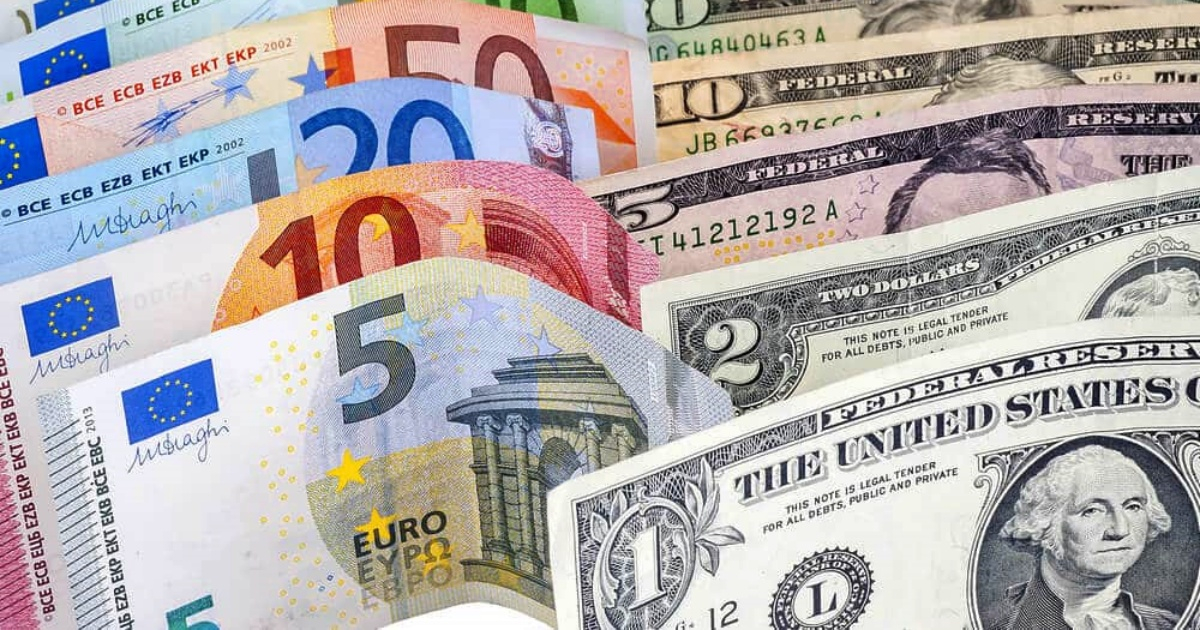
Related videos:
The independent media outlet elToque, which documents the fluctuations in currency values in the informal market, reported today that it has strengthened its controls to calculate the representative rate, amid increasing suspicion of attempts to artificially inflate or deflate values with false announcements.
ElToque referred to a campaign by "government actors associated with State Security and with propaganda spokespersons of the Communist Party" that, since April, have sought to delegitimize the media outlet and the methodology they use to calculate the rate.
The campaign to which, as indicated, "private sector actors have joined, claiming that they have the capacity to coordinate efforts to promote the appreciation of the Cuban peso."
"It seems that this is the intention: to create enough noise so that the spaces where the informal foreign exchange market has emerged— as a solution to the inaction of the Cuban government's currency policy— cease to be credible and functional," laments the independent media.
ElToque claims to have "evidence of actions aimed at flooding virtual currency exchange platforms with false offers in order to influence the algorithm" used to calculate the rate.
"Until now, they have not succeeded because the security filters we designed have managed to keep our data consistent with the actual movements of the market. If the price of currencies rises or falls, it's because the collective behavior of buyers and sellers actively exchanging currencies follows that trend," they add.
The independent outlet states that from the beginning they have been "transparent" and are aware of the limitations of their method, which fundamentally lies in their inability to determine which of the buy-sell ads they document eventually materialize.
Nevertheless, they argue that the calculated rate reflects the core movements of the informal market, although they acknowledge that "it is inherently a speculative market."
"The volatility increases due to the lack of reliable information and the absence of coherent policies from the Cuban government, the only actor with real corrective influence," they criticize.
For this reason, in light of the influx of new users who openly admit to posting fictitious values to influence market sentiment, it has decided to "apply a temporary filter" to its calculation method.
The aim is to exclude from the daily sample users who have posted offers for the first time after April 1, 2024, which they have chosen as a reference date because it marks the month when instability intensified and the "conspiracies" began to come to light.
ElToque states that due to "the concerns that may arise from the activation of 'cybercombatants' networks and the uncontrolled greed of speculators seeking to maximize their profits," they prefer to add an additional layer of security.
Another precautionary measure is that they will not take into account values that are "clearly exaggerated and far from the average."
They warn that they are implementing lists to record users with clearly manipulative or spam-like behavior. Such users "will be automatically and permanently excluded from data collection," they caution.
The independent media outlet, which has been at the center of controversy for several weeks, argues that "the informal currency exchange market has become a necessary entity for the functioning of the private sector economy, for families, for the flow of remittances, and for tourism because the official market is not functional."
They insist that it is not determined by voluntarism or campaigns, and believe that false offers will not permanently change the direction of the exchange rate. However, they do have the potential to increase volatility and confusion, which could further worsen the already precarious situation.
"Neither the informal exchange market nor a service that highlights it are the cause of the problems; rather, they reflect the imbalances and inflation affecting the Cuban economy. The solution lies in the hands of the State and those who govern the country, as they are the only ones with the institutional capacity to implement economic, fiscal, and monetary policies in the form of a macroeconomic stabilization program that includes structural reforms," they conclude.
Record recovery of foreign currency
After a decline in average selling prices that lasted nearly three weeks, euros, dollars, and MLC have consolidated their recovery this Friday for the third consecutive day.
The price of foreign currency continues to soar in the informal Cuban market and shows signs of rising at a faster rate than it previously declined.
The dollar rose by 30 pesos, reaching 350 CUP. The euro, for its part, increased by 20 pesos, now standing at 355, just five pesos above the U.S. currency.
In the case of the Freely Convertible Currency (MLC), it increased by 10 pesos, and its average selling price is now at 280 CUP.
The rapid recovery of foreign currencies has sparked hundreds, if not thousands, of opinions in the last 48 hours, covering a wide range of perspectives: from those who lament not having sold and not having known to wait, to those who claim "THAT'S A LIE," insisting that the actual sale values of the currencies operate independently of the prices documented by elToque.
In addition to the conspiracy theories that accuse elToque of being a "counter-revolution," there are also small and medium-sized business owners organizing campaigns to manage the situation, another group that accuses the UCI of strange maneuvers, and those who mock both sides.
Filed under: